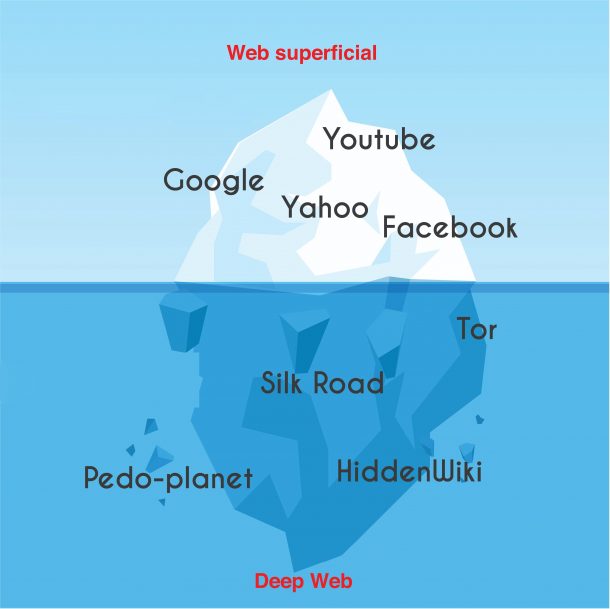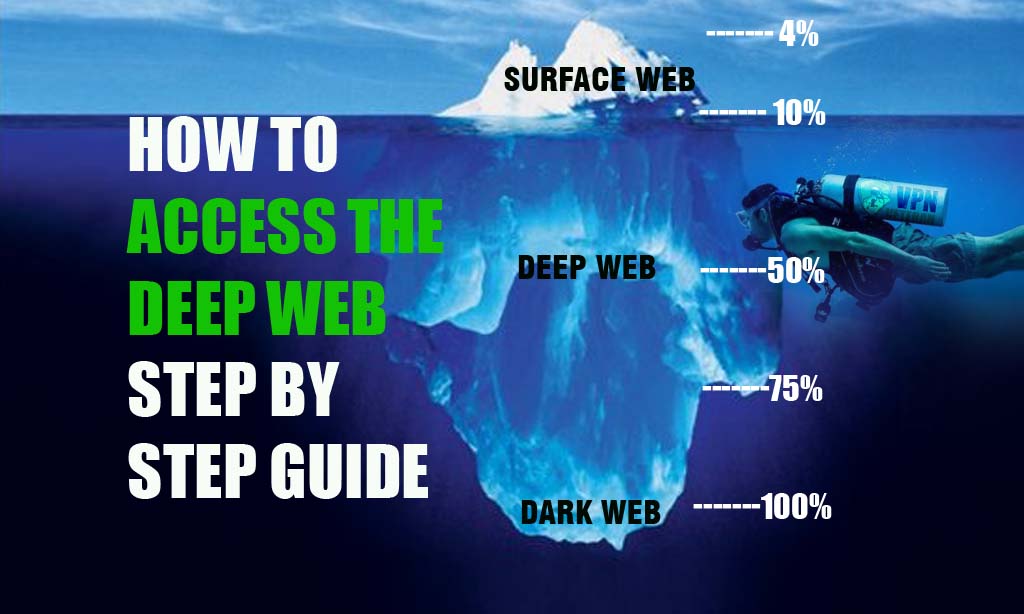

There are a lot of efforts in management protocols improvement based on advanced computer simulation techniques. Related to these changes new alternative network management techniques are needed. New principles of management have also emerged. With the convergence of IN and IP traditional network management systems have been replaced by a variety of standards. The results show that our middleware framework is able to provide efficient user mobility support in the heterogeneous computing environment.
#Internet iceberg Pc#
To maximally approximate the real-world user-mobility scenario, we have conducted experiments on a variety of computing platforms and communication paradigms, ranging from T1-connected high-end PC to handheld devices with wireless networks. We validate the major mobility functions using our prototype middleware system, and test them on two multimedia applications (Mobile Video Player and Mobile Audio Player). Its major mobility functions include user-level handoff management and service instantiation across heterogeneous computing platforms. In this paper, we design a middleware framework to support user mobility in the ubiquitous computing environment. On the other hand, by building application-neutral mobility functions in the middleware layer, we eliminate the need to make each application mobility-aware. On one hand, it is aware of application semantics. We argue that the middleware layer is the best place to address this problem. On the other hand, making each application to be mobility-aware will greatly increase the development overhead. Existing system-level mobility solutions are insufficient to address this issue since it is not aware of the application semantics. The most essential problem is to preserve the user's access to the same service despite changes of the accessing host or service provider.
#Internet iceberg series#
Providing mobility support in this scenario poses a series of challenges.
#Internet iceberg free#
In the case of user mobility, a user is free to access his/her personalized service at anytime, anywhere, through any possible mobile/fixed devices. In this paper, we focus on an important problem in such environment: user mobility. The prototype shows the capability of the framework in service mobility support and its advancement into an open international application platform.Īdvancing mobile computing technologies are enabling “ubiquitous personal computing environment”. A prototype system integrates functionalities with proprietary protocol and a content transcoder to support multiple device platforms. Furthermore, a seamless service syndication mechanism is added for continuity and synchronization of service upon change of terminal, network status, or personal preference. Mechanisms for device profiling, user prefer- ence learning, and profile-based service recommendation are designed to enable device-capability-aware service recommendation functionality. For the framework, the concept and role of a device and its application for a service are redefined into the new concepts of device, execution engine, and service.

Hence, we propose an open service framework with support for service mobility that executes contents and applications in a dynamic environment. Service mobility has become a new issue in the area of service convergence with the advent of versatile mobile devices.


 0 kommentar(er)
0 kommentar(er)
